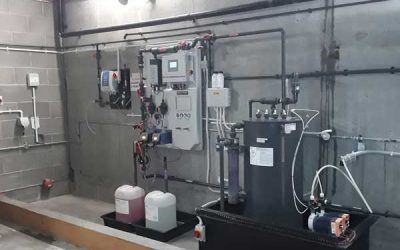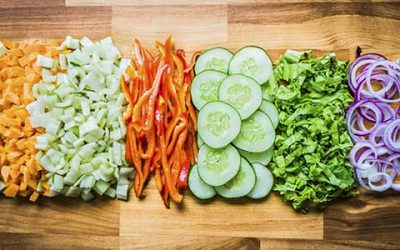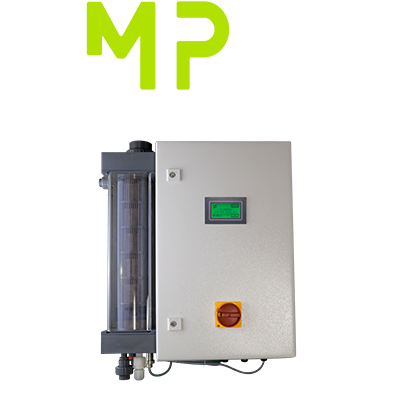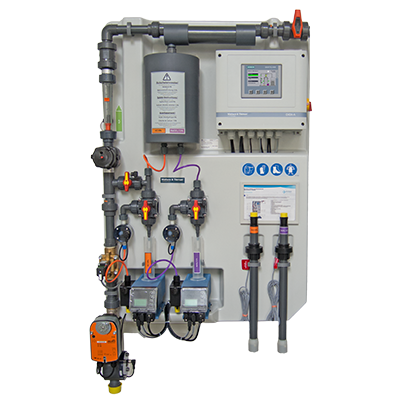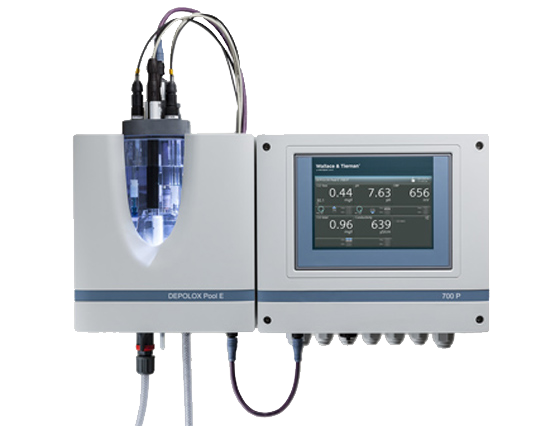Food Washing
Within the food production and processing sector, there are several areas in which thought needs to be given to the disinfection of water.
There are many applications for field-grown produce and it is common for it to be washed prior to use. This includes food that is used in pre-packed convenience foods such as sandwiches, wraps to sushi. Vegetables that go into coleslaw or that are used on pizza toppings also need to be washed, as do pre-packed fruits and salads.
In order to prevent the spread of bacteria, the water used in food production has to be disinfected. This can be achieved by either removing, deactivating or killing the pathogenic micro-organisms in the water.
It is very important that chemical disinfectants have a residual effect – in other words, that they remain present in the water. This helps to prevent micro-organisms from growing and causing contamination.
The disinfection process works in different ways depending on the exact chemical or method used, but generally it works by causing disruption to the cell activity of bacteria and rendering them unable to multiply. Some disinfectants also demolish the organic matter in the water, which has the effect of cutting off the nutrient supply.
There are a number of ways to disinfect water, ranging from the addition of chemicals to applications such as UV light. Each has its own pros and cons, which is why it is so important to select the most suitable disinfectant method for each industrial process.
Prodose engineers have a wealth of knowledge about these issues, much of it gained from practical experience of working in the water supply industry. We can help you assess your entire process from start to finish and suggest improvements that can make the way you work not only safer, but more cost effective and productive too.
Please get in touch with us to discuss your food washing requirements. A brief consultation won’t cost you anything, but it could pay dividends in the long run.
Latest Projects
Major UK Stadium Case Study
Case Study:...
Bagged Salad Producer
A supplier of...
Our Recent Articles
Why is Electrochlorination the Best Choice for Swimming Pool Disinfection?
Why is Electrochlorination the best choice for swimming pool disinfection?All...
What is the Electrochlorination Process?
What is the Electrochlorination process?Electrochlorination is the process of...
Chlorine Dioxide and Legionella Control
Chlorine Dioxide and Legionella ControlLegionella is a bacterium found in soil...
Chlorine Dioxide and Water Treatment for Plant Nurseries
Chlorine Dioxide and Water Treatment for Plant NurseriesHorticultural...

